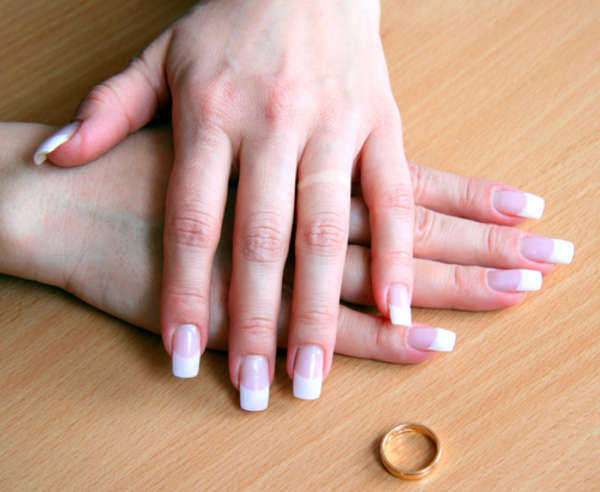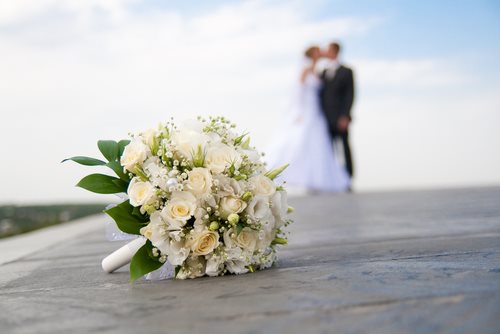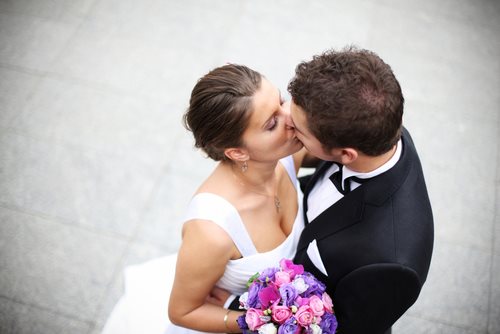Copy of Marriage License Iowa

A marriage license is a legal document that allows two people to get married. In Iowa, the process of obtaining a of a marriage license is straightforward. In this article, we will discuss everything you need to know about obtaining a of a marriage license in Iowa.
The Importance of a Marriage License
A marriage license is an essential document that serves as proof that two people are legally married. It is a document that is required by law, and without it, a marriage cannot be legally recognized in the state of Iowa. A marriage license is also necessary if a couple wishes to change their names after they are married.
The state of Iowa records all marriage licenses, and this information is kept on file with the Department of Public Health. This information includes the names of the bride and groom, the date and location of the marriage ceremony, and the name of the officiant who performed the ceremony.
Why You May Need a of Your Marriage License
There are several reasons why you may need a of your marriage license. For example, if you need to provide proof of your marriage for legal reasons, such as applying for a driver’s license or a passport, you will need a of your marriage certificate. You may also need a if you need to update your name on legal documents such as your social security card or credit cards.
Additionally, a of your marriage license may be required if you are applying for certain government benefits, such as spousal social security benefits or survivor benefits.
How to Obtain a of Your Marriage License in Iowa
If you got married in Iowa and need a of your marriage license, you have several options for obtaining it.
Option 1: Online
One option is to order a of your marriage license online through the Iowa Department of Public Health’s Vital Records website. To order a online, you will need to provide some basic information about the marriage, such as the names of the bride and groom, the date and location of the wedding, and the name of the officiant. You will also need to pay a fee, which is currently $15 per .
Option 2: In Person
Another option is to obtain a of your marriage license in person by visiting the Iowa Department of Public Health in Des Moines. The office is located at 321 E. 12th Street, Lucas State Office Building, 1st Floor, Des Moines, Iowa 50319. You will need to bring a valid photo ID, such as a driver’s license, and you will need to fill out a request form. The fee for a of a marriage license obtained in person is also $15.
Option 3: By Mail
If you are unable to order a of your marriage license online or in person, you can also request a by mail. To do so, you will need to download and fill out a request form from the Iowa Department of Public Health’s website. You will need to provide the same information as you would for an online request or an in-person request, and you will also need to include a check or money order for the $15 fee. Mail your request form and payment to:
Iowa Department of Public Health
Bureau of Health Statistics
Lucas State Office Building
321 E. 12th Street
Des Moines, Iowa 50319-0075
Processing time for a request by mail is typically 2-3 weeks.
Updating Your Name on Legal Documents
If you have recently gotten married and need to update your name on legal documents such as your driver’s license or passport, you will need to provide a of your marriage license as proof of your name change.
To update your name on your driver’s license or state ID, you will need to visit your local Iowa Department of Transportation (DOT) office. Bring your current driver’s license or ID, your marriage certificate, and any other required documents such as proof of address or citizenship. You will also need to pay a fee for your new ID. For more information on updating your driver’s license or state ID, visit the Iowa DOT’s website.
To update your name on your passport, you will need to complete Form DS-11 and provide a of your marriage certificate, your current passport, and a passport photo. You will also need to pay a fee. For more information on updating your passport, visit the U.S. Department of State’s website.
Conclusion
Obtaining a of your marriage license in Iowa is a simple process. You can order a online, in person, or by mail, and you will need to provide some basic information about the marriage and pay a fee. A of your marriage license can be used to update your name on legal documents and provide proof of your marriage for various purposes.
It is essential always to keep your marriage license in a safe place, as it is a legal document that serves as proof of your marriage. If you ever need a of your marriage license, follow the steps outlined in this article to obtain one quickly and efficiently.
How to Obtain Copies of Marriages Licenses in Iowa
Copies of Marriages Licenses in Iowa
In order to obtain a copy of marriage license (Iowa), a party will have to attend their local county registrar and go through a number of steps and qualifying factors. The simple guidelines for copies of marriage licenses in Iowa are located in Chapter 595.3 of the state’s official Code. The code states that all prospective spouses must receive a copy of the marriage license (Iowa) prior to the solemnization, and a license cannot be granted in any of the following circumstances:
• where either party is under the legal age to marry or between the ages of 16 and 17 without proper consent from a legal guardian
• where either party is disqualified from making any civil contract
• where parties are within degrees of consanguinity or affinity which are prohibited by law
• where either party is a ward under guardianship and the court has made a finding that the ward lacks capacity to marry
If you qualify for a valid marriage in IA, you can receive a copy of a marriage license (Iowa) by following the steps listed in the next section.
Step 1: Visit your Local County Registrar for Copy of Marriage License (IA)
The first step to obtaining a copy of marriage license in Iowa is calling or traveling to the county court in your jurisdiction.
Some counties give you the option to send in a request by mail, but many courts require you to show proper identification in person with the clerk for a copy of marriage license in IA. If you do not have the option to send in a request through the mail, make sure you follow all of the steps listed below very carefully for your copy of marriage license in IA.
Step 2: Bring all Necessary Items for Copies of Marriage Licenses in Iowa
You’ll want to bring the following items with you in order to obtain the copies of marriage licenses in Iowa:
• Identification: Iowa law requires you to bring your driver’s license, birth certificate, U.S. passport, military ID car, or your Social Security number. You won’t have to bring all these items, but you will need at least one so the registrar can verify your identity for the copy of marriage license in IA.
• Divorce Decree: If you were in another marriage and went through a divorce, you’ll need to bring a copy of the divorce decree with you to the county registrar before receiving a copy of marriage license (IA). The same rules apply for obtaining copies of marriages licenses in Iowa if you are a widow.
Step 3: Pay the Fee for the Copy of Marriage License in Iowa
In order to obtain a copy of marriage license in Iowa, you’ll have to prepare for fees that will range from county to county. Additionally, copies of marriages licenses in Iowa will expire in 6 months. So, you’ll want to make sure the copy of marriage license in IA stays valid throughout the solemnization. If you copy or marriage license in Iowa expires before the solemnization, you’ll have to pay for another copy.


















